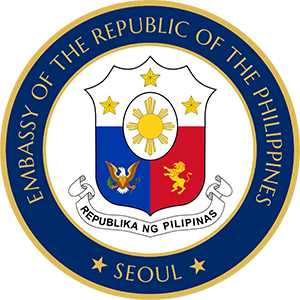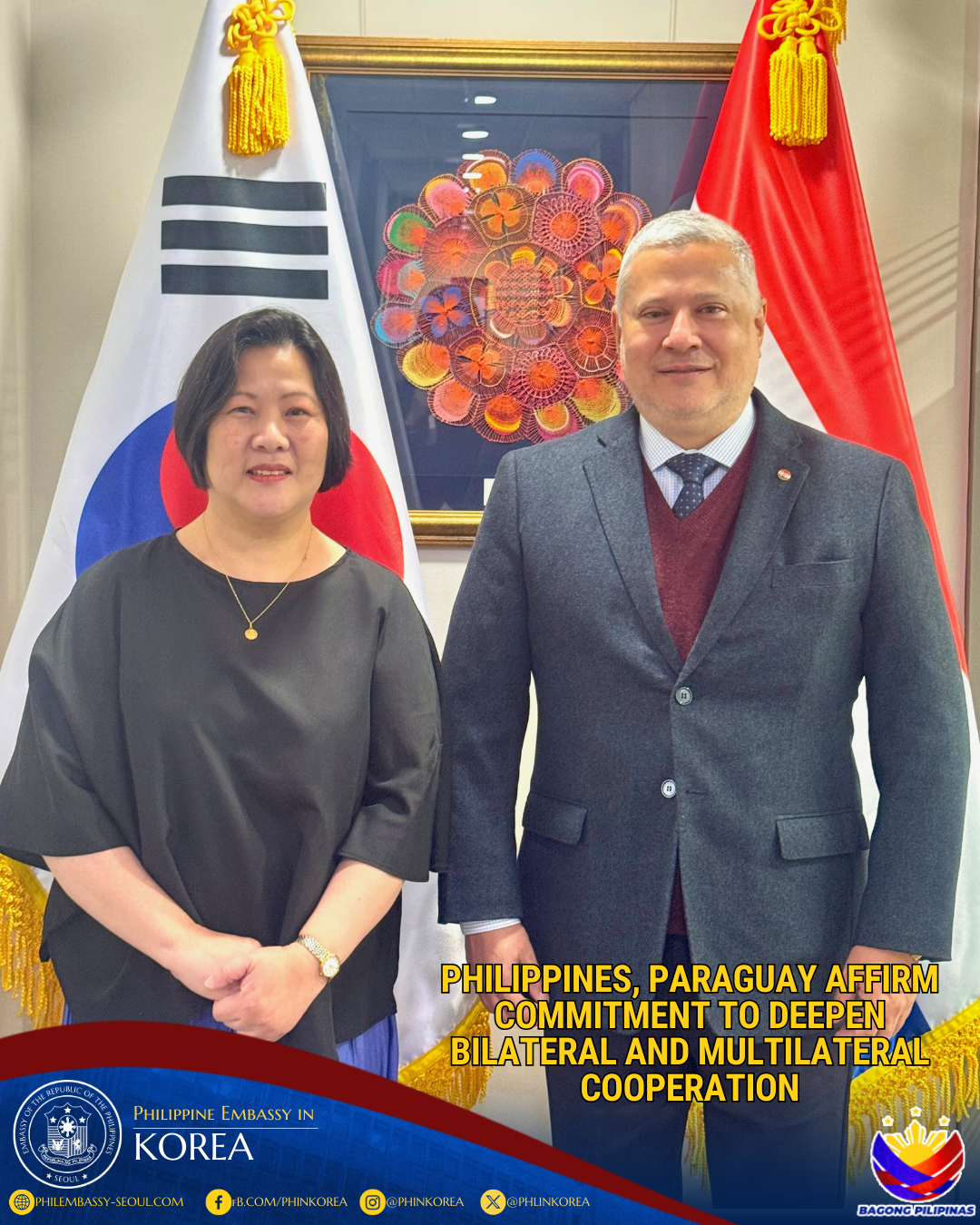PHILIPPINES' STIMULUS PACKAGE -RECTO BARES RP'S FRAMEWORK FOR ECONOMIC RESILIENCY PLAN
Socioeconomic Planning Secretary and NEDA Director-General Ralph G. Recto today bared the framework for the PhP300 billion Economic Resiliency Plan which aims to pump prime the economy in 2009. The Plan, which is the country's own stimulus package, was borne by President Arroyo's desire for the country "to hit the ground running in 2009" in response to the global economic crisis.
"What we intend to do is upgrade infrastructure and capital stock and expand social protection at the same time," Recto said. The resiliency plan hopes to ensure sustainable growth and attain the higher end of the growth targets for the year. The Development Budget Coordination Committee has pegged growth for 2009 at 3.7 percent to 4.7 percent. In particular, the Plan aims to save and create jobs, protect the poorest of the poor, returning OFWs and workers in export industries, ensure low and stable prices to support consumer spending, and enhance competitiveness in preparation for the global rebound. Recto said that one of the components of the Plan involves spending 60-80 percent of the productive portion of the 2009 budget of implementing agencies during the first semester, with particular focus on the infrastructure sector. He said that in the first semester of 2008, the government which accounts for 20 percent of the country's gross domestic product, spent only 30 percent of its budget. The planned frontloading and spending for the first half of 2009 is expected to boost private sector confidence in the economy. The NEDA chief added that the government is accelerating spending for fast, off-the-shelf infrastructure which has simple engineering requirements and no right-of-way problems. "We are encouraging the government financial institutions (GFIs), government-owned and controlled corporations (GOCCs), local government units (LGUs) and the private sector to participate in these infrastructure projects," Recto said. "The government should also improve revenue collection through better tax administration," he added. Meanwhile to stimulate the exports sector, the NEDA chief said that the government has implemented various programs to encourage exporting firms to diversify, innovate and upgrade their products. He added that "so far, we have provided tax relief for the private sector by reducing corporate income tax from 35 percent to 30 percent and exempting minimum wage earners from personal income tax and increasing in personal exemption of non-minimum wage earners," Recto said. Expanding social protection Recto likewise said that the government is proposing to increase the Department of Social Welfare and Development's (DSWD) allocation for conditional cash transfers or the Pantawid Pamilyang Pilipino program. About PhP5 billion will also be added to cover the additional 321,000 poor households giving them a maximum cash grant of PhP9,000 per year. "We also want to add PhP1 billion for PhilHealth to ensure full national government contribution to the National Health insurance Program. We are also proposing to increase the allocation for the Technical Education and Skills Development Authority (TESDA) by PhP5.66 billion to cover an additional 565,980 beneficiaries," he said. According to him, facilities of the Department of Health (DOH) will also be increased by adding PhP1.97 billion for primary and secondary hospitals. Likewise, about PhP100 billion will be created with the private sector to lower borrowing or financing costs for capital expenditure (CAPEX) spending. Package for OFWs Recto also explained the strategies of the plan include putting in place programs to assist the vulnerable domestic workers and OFWs. "The programs for OFWs abroad and those returning include redeployment to emerging foreign labor markets, development of new market niches, as well as repatriation assistance, when needed," he said adding that enhanced reintegration services and livelihood assistance are also made available for returning OFWs. Moreover, the government also created a "payback package" for OFWs who were retrenched due to the global financial crisis. This package includes the setting up of a PhP250-million support fund, skills training to avail of in-demand jobs in other parts of the world and setting up of Department of Labor and Employment (DOLE) and Overseas Workers Welfare Administration (OWWA) desks in the provinces to match OFWs' skills with available jobs, among others.


 February 08, 2026
February 08, 2026
 February 07, 2026
February 07, 2026
 January 28, 2026
January 28, 2026
